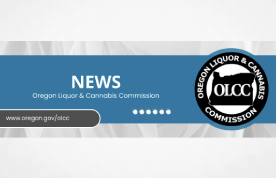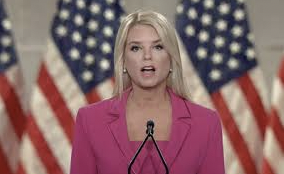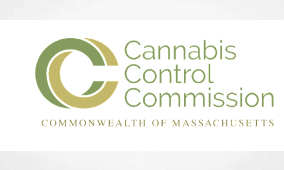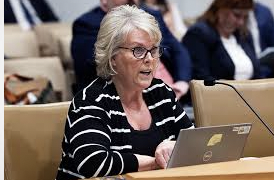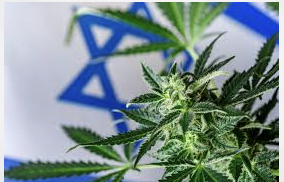This Tuesday, the 21st section of the STJ decided suspend all actions in court that discuss authorization to import and grow cannabis for medicinal, pharmaceutical or industrial purposes. For the judgment of an assumption of jurisdiction incident, in addition to the national suspension, the rapporteur, Minister Regina Helena, convened several bodies to express an interest in participating in the process, such as the anti-drug secretariat of the Ministry of Justice; the Ministry of Agriculture and the Federal Council of Medicine.
To understand how the topic has been faced in Brazil, Migalhas listened to lawyers Luciano Inácio de Souza and Mariana Ferreira, from the office Cescon Barrieu Advogados.
They quote that vseveral countries have already regularized the medical use of cannabis. Among them are Canada, Uruguay, Germany, Argentina, Chile, Colombia, South Africa and some states in the USA.
In 2022, the 6th STJ class, in a historic decision, granted a safe-conduct for planting cannabis for medicinal purposes. Remember here.
STF itself has also faced aspects related to cannabis for medicinal purposes recently.
In 2011, the Court decided that there is general repercussion in the discussion about the constitutionality of considering the possession of drugs for personal consumption as a typified crime; the leading case is the RE 635,659, theme of general repercussion 506. Trial had start in 2015.
In 2021, the Supreme Court decided that States must exceptionally supply cannabis-based medicines as long as they have an import authorization granted by Anvisa. The decision took place at the RE trial 1,165,959.
Legislation
Lawyers explain that the Brazilian legislation responsible for the subject is the Drug Law ( law 11,343 / 06), which expresses the prohibition on planting, growing, harvesting and exploiting drugs – but it itself establishes caveats for use for medicinal and scientific purposes.
Art. 2
Single paragraph. Can the Union authorize the planting, cultivation and harvesting of the vegetables referred to in the caput of this article, exclusively for medicinal or scientific purposes, in a predetermined place and period, through inspection, the aforementioned caveats are respected.
But cannabis is on the list of banned substances in Brazil – that is, for prohibited use, according to the Ministry of Health ( MS / SVS ) 344/98.
Anvisa, in turn, approved the DRC resolution in 2019 327/19, which established the requirements for marketing, prescription, dispensing, monitoring and inspection of cannabis products for medicinal purposes.
In the same sense, Anvisa establishes, through IN 71/20, the inclusion of a declaration on a new formula in the labeling of low-risk notified medicines, traditional herbal products and cannabis products when their composition changes.
In 2022, Anvisa’s Collegiate Board approved the DRC 660/22, which addresses the criteria and procedures for the import of products derived from cannabis, by individual, for own use, under prescription by a legally qualified professional, for health treatment.
Finally, within the scope of the Federal Council of Medicine, it appears that, under the CFM resolution 2,326 / 22, the effects of CFM resolution 2,324 / 22 – which, despite approving the use of cannabidiol, restricted the use by medical professionals – is temporarily suspended.
Advances
Lawyers point out that Brazil has advanced regulations on the use, trade and production of cannabis for medicinal purposes, from an administrative point of view, via standards issued by Anvisa, agency responsible for the regulation of medicines and health products.
From a legislative point of view, there are different bills in the National Congress that are underway, addressing topics such as plant cultivation and use for recreational and industrial purposes.
They also note that the normative improvement on cannabis products is found in item 8.37 of Anvisa’s regulatory agenda for the financial year 2021-2023.




